"Look at what she’s wearing, mana tak kena kacau?"
"Men will be men. Why were you out so late?"
"Ada orang raba ngkau? Kau kan lelaki, tak malu ke tak lawan balik?"
The victim blaming narrative is nothing new in Malaysia, or the world in general.
Even a school textbook came under fire recently when netizens noticed that the burden of shame of being sexually harassed or raped were said to fall on girls, and not the perpetrators.
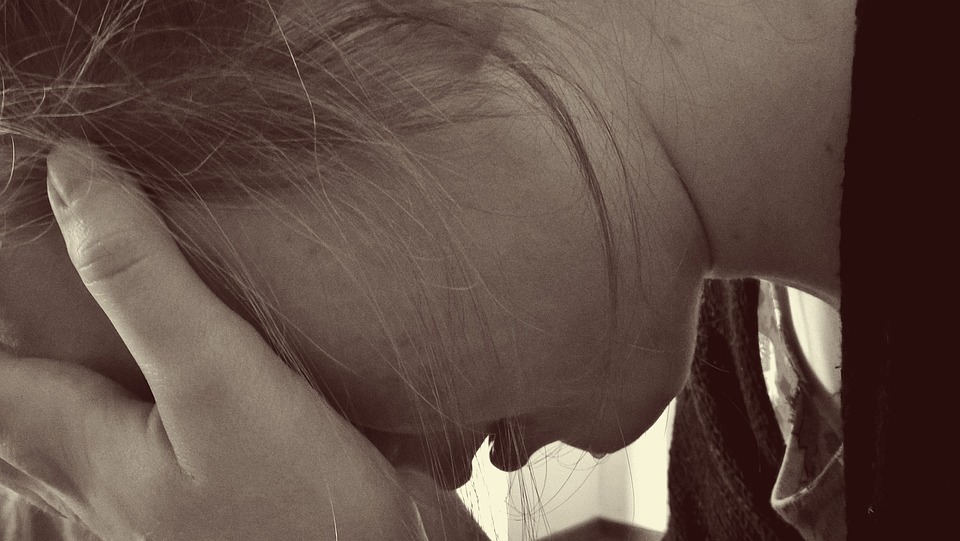
Luckily, the outrage over the book on social media led to swift action by several ministers (yay women representation!) who called for immediate change to the offending content.
But all is not well. The idea that the shame is on the victim of sexual assault stops many from making reports, especially when the offense is not enough i.e not violent or involve rape.
Ask any woman around you, there will be very few without a story of sexual harassment, assault or rape to tell.
Safecity, a mobile application which was first introduced in India several years ago, wishes for these stories to be shared on the platform so that those voices become louder and united.
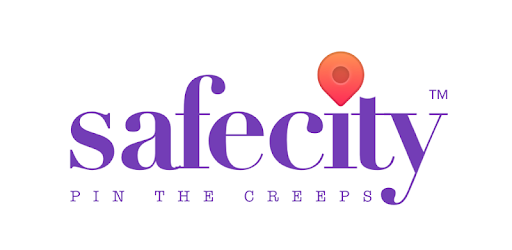
One of Safecity's founders Elsa D'Silva, told The Guardian in 2015, that the app will allow women to report what happened, where it happened and when it happened.
Since then, over 10,000 reports have been gathered in India, Kenya, Cameroon and Nepal.
Now, several women's organisation in Malaysia are trying to launch it locally, hoping to gather data that could keep our public spaces safer.
Using data to fight sexual harassment
Sisterhood Alliance president Radziah Radzi, who is one of the main people trying to launch Safecity app in Malaysia, said that data is very important when it comes to pinpointing problems and coming up with solutions.
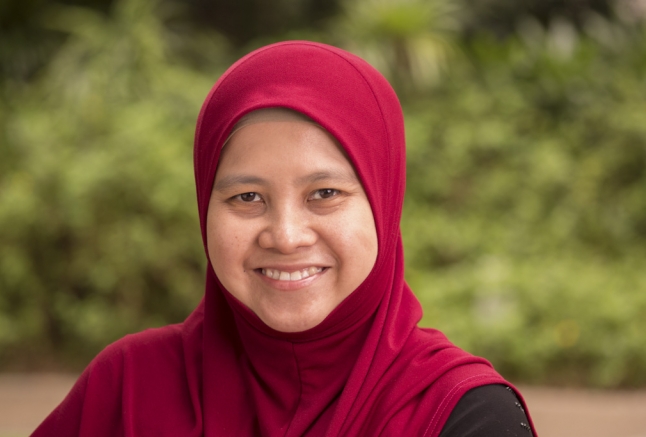
"We can't do anything without data. A lot of people share their stories on social media but there, we can't aggregate data.
"But with this app, we can," she said, adding that having information on 'hot spots' will help the organisation to work with stake holders to improve the safety in the pinpointed area.
The way the app works, anyone can pin a specific place on the map, share their story of experiencing or witnessing harassment - from inappropriate jokes and catcalling to assaults and rape - and help identify problem areas.
.jpg)
Unlike social media, the reports don't go up immediately, but is filtered using specific algorithms in the app to ensure that the stories are genuine.
"There are systems in place to detect reports that are untrue. Sometimes it's the words used, or contradictions in the story. Only after filtering do the stories go up," Radziah said.
In India, data collected using the app had helped bring about positive changes.
An example of it was in a place called Lal Kuan, where women were targets of sexual harassment when they go to relieve themselves in public spaces far from their homes as there was a lack of indoor toilets.
The paths used by the women early in the mornings and after sunset to get to a covered and relatively dark place were narrow and poorly lit, if at all, making them easy targets.

The most reported cases in the area were stalking and groping.
Armed with this information, the non-governmental organisation (NGO) behind SafeCity, together with other local NGOs and stakeholders, came up with solutions to address the situation.
The outcome was better lit streets and police patrol in the area, leading to lesser incidences of sexual harassment.
Besides that, outreach and awareness programmes were also held to ensure the locals were empowered enough to know what to do when faced with such assaults and prevent further incidences.
Sisterhood hopes that similar results can be seen in Malaysia with the help of the app.
"For example, if there are multiple reports at a particular MRT station of sexual harassment, we can talk to the management to identify the cause and come up with a solution," said Radziah.
National Council of Women's Organisations (NCWO) Secretary General Omna Sreeni-Ong said that there was a lack of data in Malaysia, no matter what the issue is regarding.
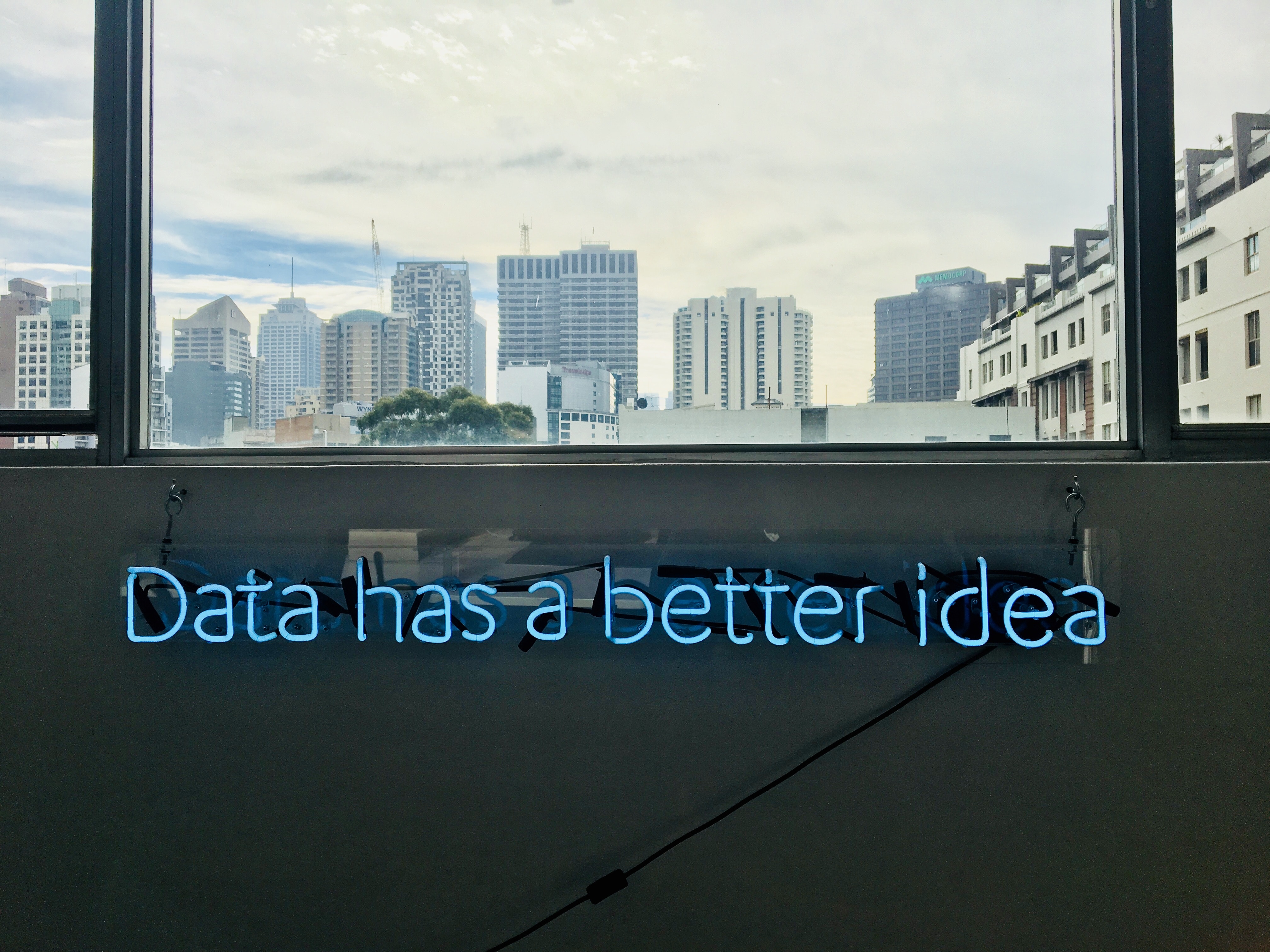
"The most valuable thing we can get from this app is the data. With this, we can show prevalence and with this information, we can come up with constructive solutions," she said, adding that NCWO decided to support Sisterhood's efforts to publicise the app because they believed in the impact it could bring.
"The bonus is that this app is free, you can report and stay anonymous," she said.
Besides reporting incidences, the app also allows users to add emergency contacts who can be alerted with a touch of the screen.
All you have to do is fill in the information of your emergency contact - be it the police or someone you trust - to activate the feature.
You can also keep a lookout for events and activities, and even organise some in your own community that could help educate, empower and work together to create a safer space for everybody.
Sexual harassment in Malaysia
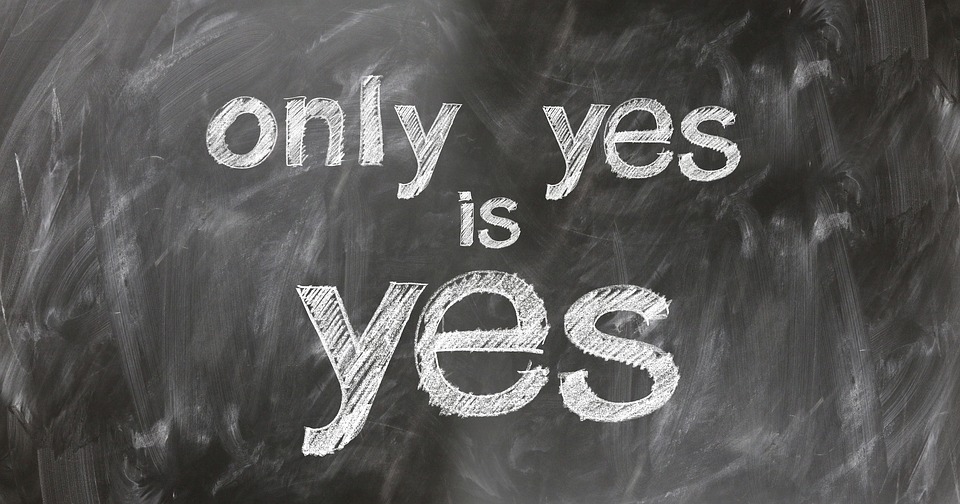
When sexual harassment is spoken about in Malaysia, it often refers to incidences that happens in the workplace. This is possibly because there's more black and white within the grey area that is sexual harassment issues, with clear guidelines for employers to follow.
There are several avenues that an employee can look into if sexual harassment happens within a workplace, none of which could result in the harasser facing criminal charges.
The first would be to report to the human resource department. Under the Employment Act 1955, it is compulsory for an employer to investigate any sexual harassment reports by an employee.
However, the most that could result from the action is the termination of said perpetrator.
There's also a non-legally binding code released by the Human Resources Department that employers can look at when handling such cases.
According to former Vice President and Founder of All Women Action Society (AWAM) Betty Yeoh, the code, known as Code of Practice on the Prevention and Eradication of Sexual Harassment in Workplace, was pretty comprehensive.
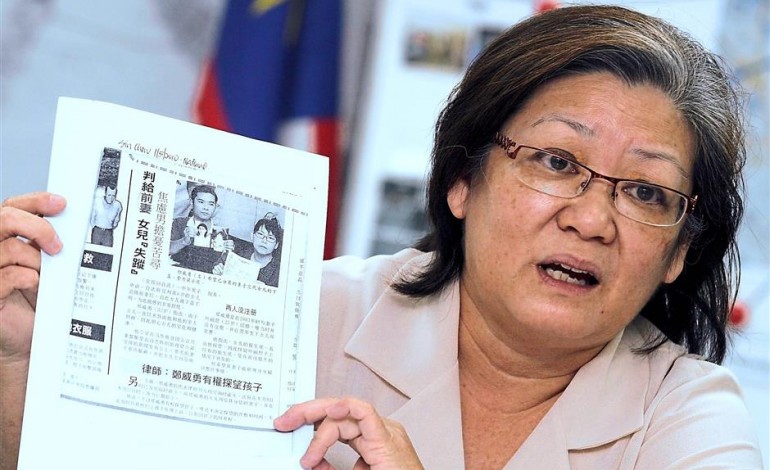
"It describes the definition of sexual harassment, everything is there. It even lists down the meaning of sexual harassment and the key elements like did something make you uncomfortable, in what way does it affect you, your personal perception...it's clearly laid out in the code," she said.
Unfortunately, the code is not enforceable. If a company doesn't wish to implement it, there's nothing anybody could really do about it.
In the case of non-action by the employer, or if an employee decides to quit due to sexual harassment at the work place, the victim can bring the issue up under Industrial Relations Act and apply for constructive dismissal and possibly receive compensation.
All things failing, the sexual harassment case can also be investigated under the Penal Code. This could also apply to harassment that happens outside of a workplace.
"Although the Penal Code has quite a few areas that could be used, the one big hindrance is the need for evidence and you have to prove it without a reasonable doubt. It can't be a he says, she says.
"But that is the problem. Sexual harassment is a he say, she say situation. If you want evidence, from where?" questioned Yeoh.
Yeoh added that women's groups have been pushing for better sexual harassment laws for the past 18 years.
![]()
"We've been campaigning for so long. If it was a child, it would have graduated by now!" she joked.
When the new government spoke about a new Sexual Harassment Bill recently, Joint Action Group for Gender Equality (JAG) - a society comprising of several women's NGOs - reviewed and updated a proposed bill they had prepared in 2001 and handed it over to the relevant ministry.
"We proposed a draft that's more victim centric, that will look into addressing the issue very much like the labour law, through tribunals, giving all parties their fair chance to speak," said Yeoh.
She added that the proposal also rejected the idea of having lawyers represent the cases, as this would be unfair to those who can't hire a lawyer.
"We very careful and deliberate. We compared international laws, and experiences of NGOs. It is very victim-centric and fair to all parties," Yeoh said.
She, however, said that the proposal was from the NGO part alone.
"The government had their own research and reviews. But this is what we hope will be the result from our side," she said.
Playing our part
While a bill is being drafted and passed, what can we as citizens do?
Of course the first course of action is to not harass anybody and call out people around us who do to ensure a safer space for everybody.
Besides that, perhaps we could give Safecity app a go. Report sexual harassment cases on the app when you experience or see it happening, interact with others around you and see if as a community we can bring about changes.






